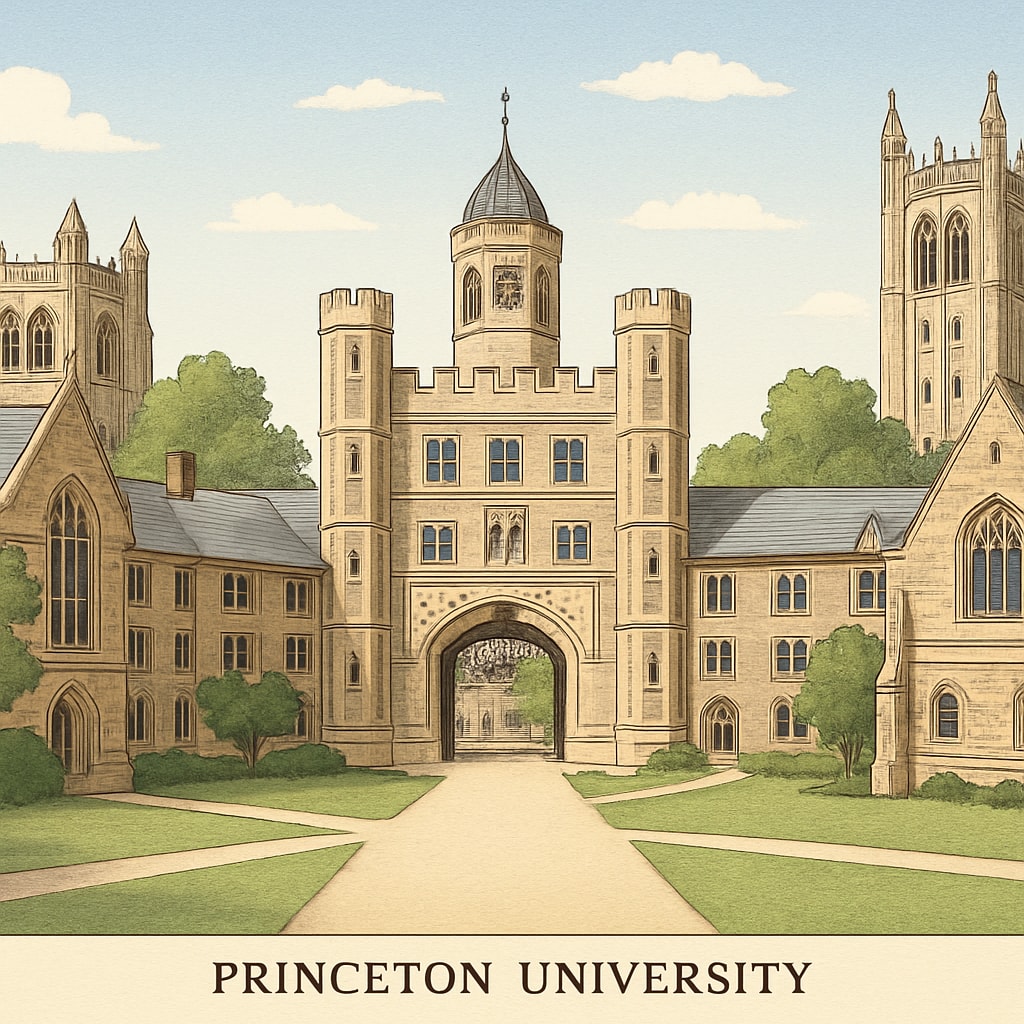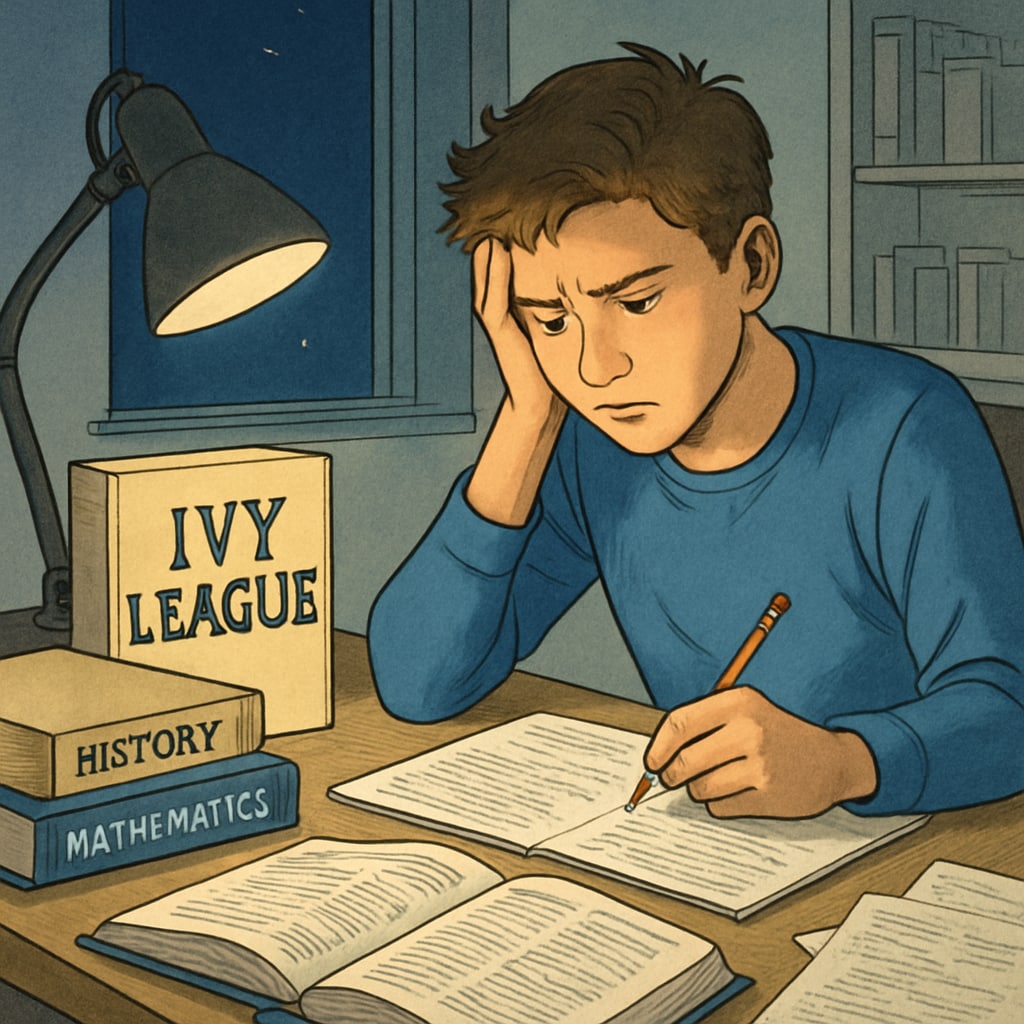The perception of Ivy League universities, such as Princeton, has long been synonymous with excellence, prestige, and unparalleled educational value. However, the assumption that these institutions offer a superior learning experience may be overstated. The reputation of Princeton and other Ivy League schools is often inflated, driven by societal admiration and historical legacy rather than measurable educational outcomes. This article explores why Ivy League prestige might be overrated and examines its impact on K-12 students who aspire to elite educational institutions.

The Myth of Ivy League Superiority
The Ivy League represents a group of eight private colleges in the northeastern United States, including Princeton, Harvard, and Yale. While these schools undeniably attract top-tier students and faculty, the assumption that their education quality is inherently superior is worth questioning. For example, the high rankings often associated with Ivy League schools are partly due to factors such as historical endowments, selective admissions, and networks—not necessarily the quality of instruction or student experience.
Moreover, studies have shown that students attending less prestigious universities often achieve similar career outcomes as Ivy League graduates. As a result, the “elite education” label may be more about social branding than empirical advantages. For instance, an article on Britannica’s Ivy League overview discusses how these institutions have cultivated their reputations over decades, creating an aura of exclusivity that fuels misconceptions.
Potential Downsides for K-12 Students
The obsession with Ivy League schools impacts students in earlier education stages, particularly during K-12. Many families and educators push students to prioritize academic performance and extracurricular achievements solely to secure spots at elite universities. This pressure can lead to stress, burnout, and an unhealthy focus on external validation rather than genuine intellectual growth.
Furthermore, the narrow focus on Ivy League admissions often limits students’ exploration of alternative paths, such as state universities or specialized institutions that may better suit their interests and career goals. The education system in the United States is vast, offering diverse opportunities beyond the Ivy League bubble.

Reevaluating the Value of Prestige
It is time to reevaluate the societal emphasis on Ivy League schools, including Princeton. While their historical influence and alumni networks are undeniable, these institutions should not overshadow the broader educational ecosystem. Community colleges, state universities, and other institutions offer quality education tailored to diverse student needs and goals. For example, graduates from schools outside the Ivy League often succeed in fields ranging from technology to healthcare, proving that success is not exclusive to elite campuses.
Parents, educators, and policymakers must shift the narrative from “prestige worship” to “individual growth.” By encouraging students to explore educational options based on personal fit rather than societal expectations, we can foster healthier academic and career trajectories for the next generation.
Conclusion
The reputation of Ivy League schools, including Princeton, deserves scrutiny. While these institutions have their merits, they are not the only pathways to success. Overemphasizing their importance can harm younger students, narrowing their aspirations and creating undue pressure. It is crucial to balance the allure of prestigious names with a more holistic approach to education, ensuring that all students have the opportunity to thrive in environments that best suit their talents and goals.
As we challenge these long-standing myths, we pave the way for a more inclusive and diversified concept of educational excellence—one that values personal growth over social status.


